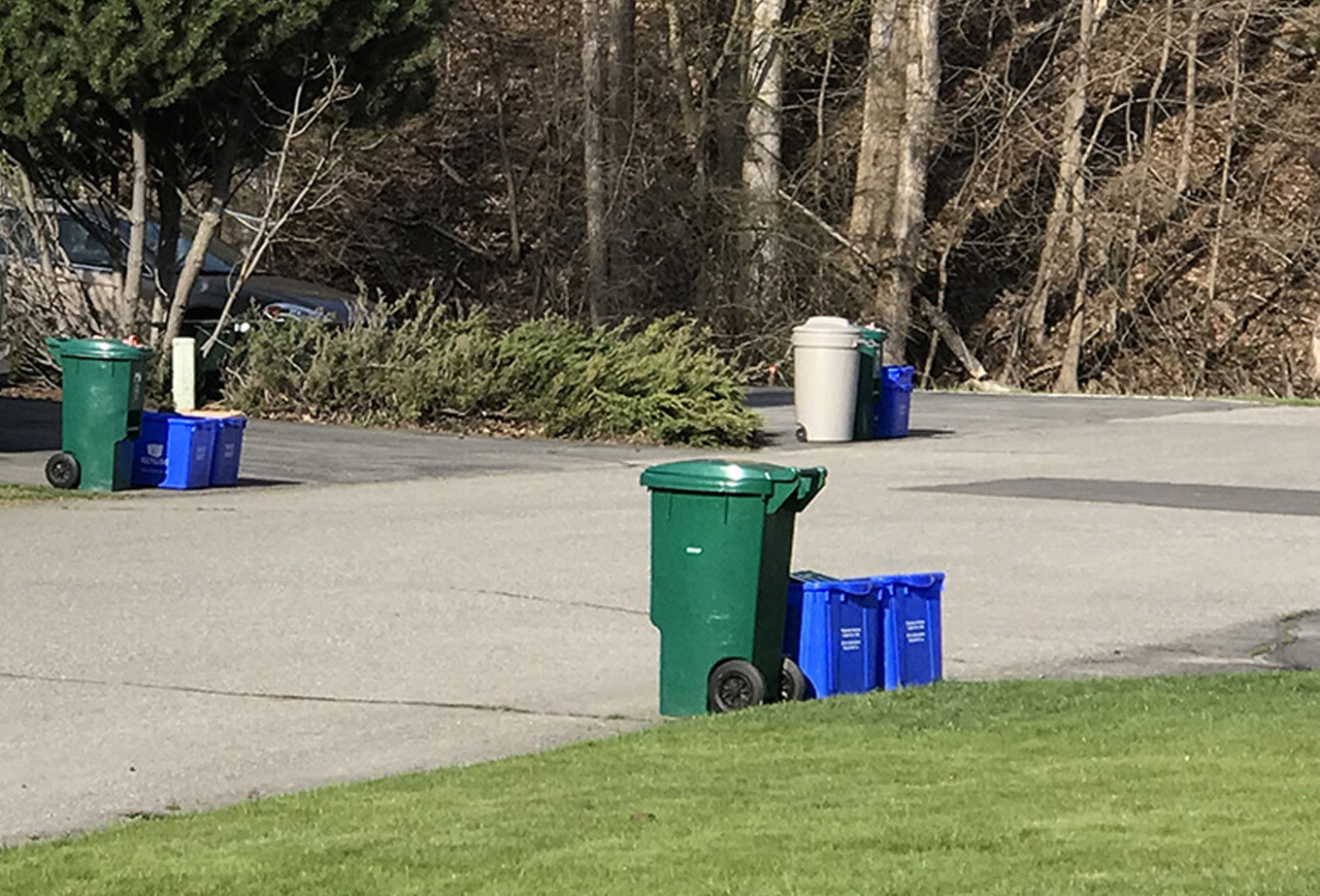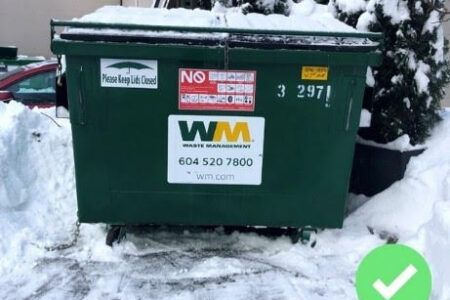RDKB recognized as climate action leader
The Regional District of Kootenay Boundary has been recognized by the joint Provincial-UBCM Green Communities Committee (GCC) as a climate leader for achieving Level 3, the second highest level in a four-level program toward becoming fully carbon neutral.
Level 3 recognition means the RDKB has accelerated its progress on commitments to act at the corporate and community levels to reduce greenhouse gas emissions (GHG). The RDKB reports its GHG results to the GCC and the public through the RDKB Corporate Greenhouse Gas Emissions Inventory and the annual Climate Action Revenue Incentive (CARIP) Report.
“The climate is very much on everyone’s minds given our 2018 floods, fires and now drought. The connections between climate and carbon and disasters are clear, and so I’m particularly proud that as a regional government we are constantly reducing our carbon footprint. We continually work to expand green initiatives throughout RDKB operations and services and hope to achieve full carbon neutrality in the not-too-distant future,” said Roly Russell, RDKB Board Chair.
Since 2012, the RDKB has steadily reduced emissions by about 46 tons of carbon dioxide equivalent (tC02e), or the carbon sequestered by about 21 hectares of forest each year. This downward trend in emissions is due to greenhouse gas reduction programs and policy, a household green bin (kitchen scraps collection) program in the Boundary and installation of electric vehicle charging stations through Accelerate Kootenays, a partnership with the regional districts of the East Kootenay and Central Kootenay.
“I have to give credit not only to our Board of Directors for approving funds for green initiatives but to our staff who have worked so relentlessly to develop an urban-class green bin program in a small rural regional district like the RDKB,” said Mark Andison, Chief Administrative Officer for the RDKB.
Just over 40 per cent of RDKB residents now receive green bin organics curbside collection, the only program of its kind in the BC Interior. That percentage is expected to increase as the RDKB expands green bin programs across the region. The program is effective at reducing GHG because organic materials composted in an oxygen-rich environment produce carbon dioxide whereas organic materials buried in a landfill produce mostly methane. Both carbon dioxide and methane contribute to levels of GHG, but methane is up to 27 times more potent.
The RDKB is focused on eventually diverting all organic materials from landfills into composting programs.
The Accelerate Kootenays program has installed electric vehicle charging stations in Greenwood, Christina Lake, Castlegar, Salmo, and Creston with plans for more stations across the Kootenays and northward. Charging stations are critical infrastructure to allow drivers to travel to and through the region, and to encourage adoption of electric vehicles locally.
Accelerate Kootenays is facilitated by the Community Energy Association, an independent advisor to local governments on climate and energy and funded by Columbia Basin Trust, the Federation of Canadian Municipalities, B.C. Ministry of Energy and Mines, and FortisBC, with long-term in-kind support from BC Hydro.
The B.C. Climate Action Charter is a voluntary agreement between the B.C. government, Union of B.C. Municipalities and each local government signatory to take action on climate change. The Charter was launched at the 2007 UBCM Convention. Since then, almost every local government in B.C.—187 of 190 municipalities, regional districts and the Islands Trust—has signed the Charter and is working to move forward through each of the four steps in the Climate Action Recognition Program.

























Comments